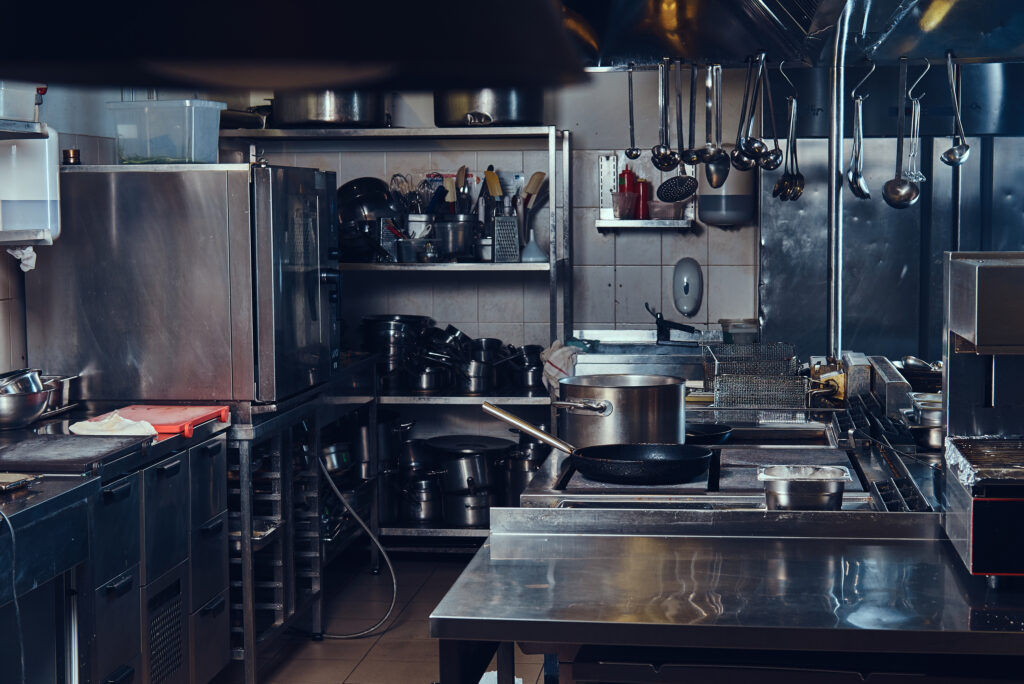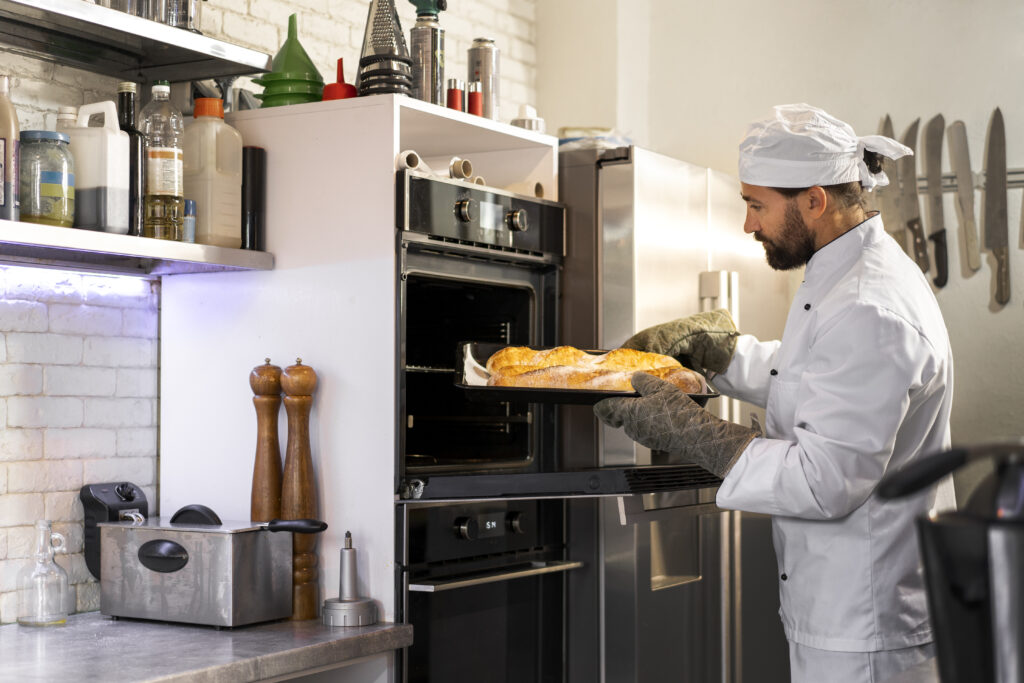Have you ever wondered how the utensils used in a commercial kitchen affect the taste and health of the food you eat? How do chefs choose the right tools for their recipes and cooking methods? How do they ensure that the utensils are clean, safe and durable?
If you are curious about these questions, then you are in for a treat. In this blog, we will explore the world of commercial kitchen utensils and show you how they impact the taste and health of the food. We will also share some tips and best practices that can help you improve your kitchen operations or plan a new one.
Commercial kitchen utensils are the tools and equipment that are used to prepare, cook and serve food in a professional setting. They range from the most basic needs such as ovens, cookware and knives to more sophisticated tools like mixers, dehydrators and food processors.
How do Commercial Kitchen Utensils Affect the Taste of Food?
Commercial kitchen utensils affect the taste of food in various ways:
- They influence the flavour, texture, colour and aroma of the food by transferring heat, moisture, air and chemicals during the cooking process.
- They enhance or reduce the natural taste of the ingredients by adding or removing seasonings, spices, herbs, oils, etc.
- They create different shapes, sizes and presentations of the food by cutting, slicing, dicing, shredding, moulding, etc.

Some examples of how commercial kitchen utensils affect the taste of food are:
- Ovens: Ovens provide dry heat that can create a crispy crust on bread, pastries and meats. They can also create a moist environment that can make cakes, casseroles and roasts tender and juicy. Ovens can also impart a smoky or roasted flavour to the food by using wood chips or charcoal.
- Grills: Grills provide direct heat that can sear and char the surface of the food. They can also impart a smoky and grilled flavour to the food by using wood or gas flames. Grills can also create grill marks that add visual appeal to the food.
- Blenders: Blenders use blades that spin at high speeds to puree, chop or mix ingredients. They can create smooth and creamy textures for soups, sauces, dips and smoothies. They can also incorporate air into the mixture which can make it lighter and fluffier.
- Knives: Knives use sharp edges to cut ingredients into different shapes and sizes. They can affect the appearance, texture, and flavour of the food by exposing more or less surface area to heat, moisture, and seasonings. Knives can also create decorative patterns or designs on the food.

How do Commercial Kitchen Utensils Affect the Health of Food?
Commercial kitchen utensils affect the health of food in various ways:
- They influence the nutritional value, safety, and shelf life of the food by altering its chemical, physical, and biological properties during the cooking process.
- They enhance or reduce the health benefits or risks of the food by adding or removing nutrients, antioxidants, vitamins, minerals, etc.
- They prevent or cause cross-contamination, food poisoning, or allergies by using proper cleaning, sanitizing, and storing methods.

Some examples of how commercial kitchen utensils affect the health of food are:
- Refrigerators: Refrigerators use cold temperatures to slow down the growth of bacteria, mould, and yeast in food. They can preserve the freshness, quality, and flavour of food for longer periods. They can also prevent spoilage, waste, and illness caused by spoiled food.
- Deep Fryers: Deep fryers use hot oil to submerge and cook food quickly. They can create crispy and crunchy textures for french fries, chicken tenders, and other fried foods. They can also increase the fat, calorie, and cholesterol content of food which can lead to obesity, heart disease, and diabetes.
- Food Storage Containers: Food storage containers use lids or covers to seal and protect food from air, moisture, and contaminants. They can keep food fresh, hygienic, and organized for easy access. They can also prevent cross-contamination, food poisoning, or allergies by using different containers for different types of food.
Commercial kitchen utensils affect the taste and health of food in various ways by influencing its flavour, texture, colour, aroma, nutritional value, safety, and shelf life. They also require proper selection, use, cleaning, and maintenance to ensure their optimal performance, lifespan, and safety. HPG Consulting is an expert in food service planning, offering comprehensive consulting and planning services. HPG Consulting has over 20 years of experience and expertise in delivering result-oriented, cost-effective and project-specific solutions to clients for diverse nature, complexity and magnitude of projects.